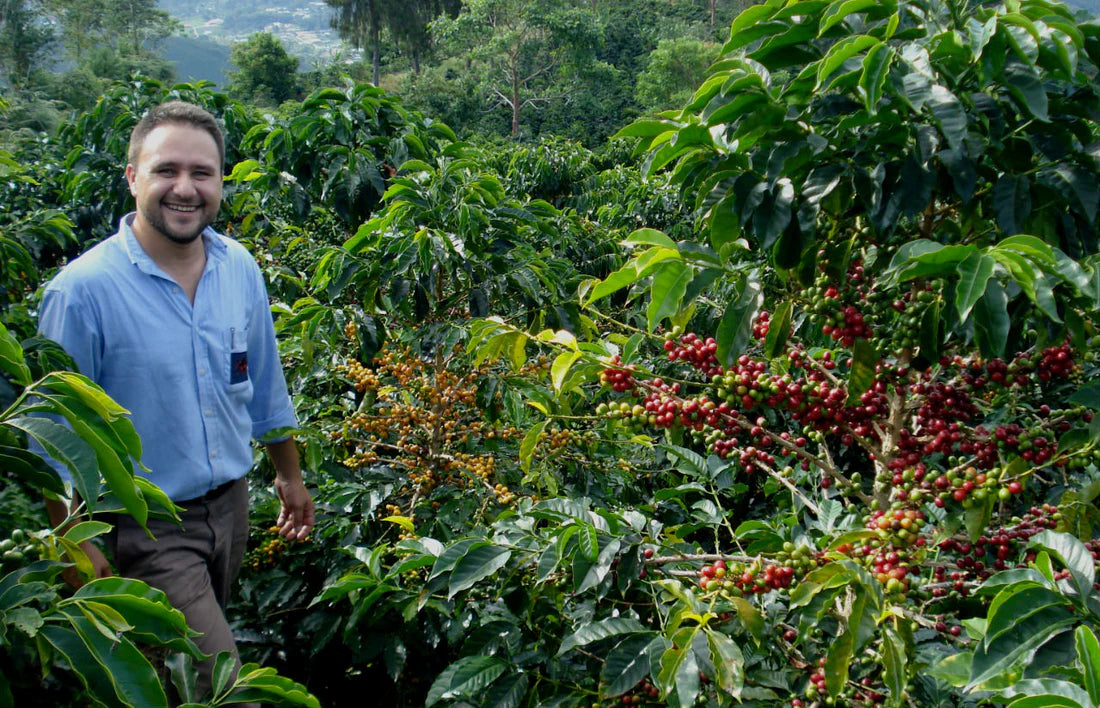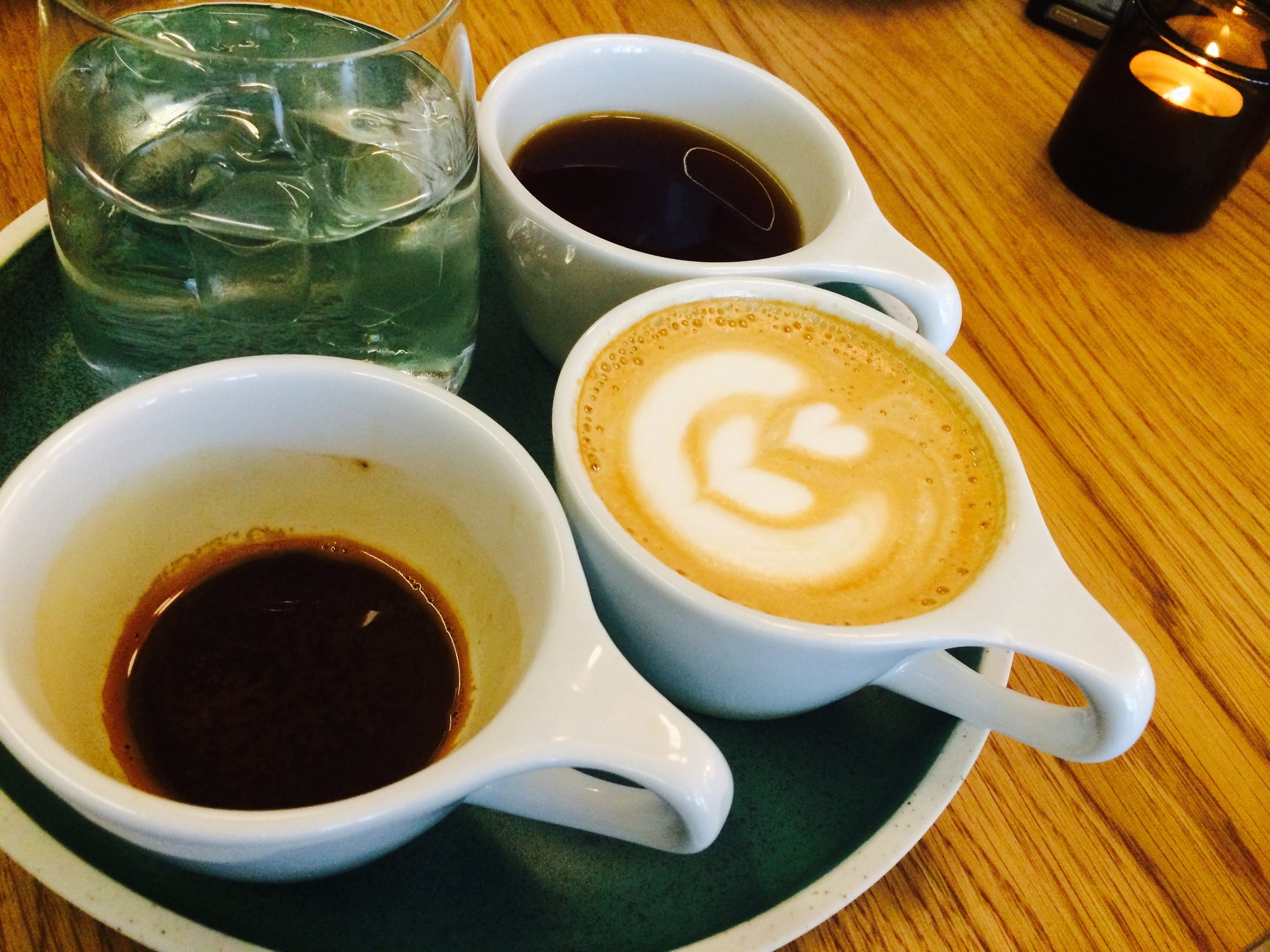



ECUADOR Finca Cruz Loma Galo CoE WAX
Roasting on demand.
Worldwide shipping. Exceptions might apply.
"Cultivating my coffee is an activity that allows me to apply and develop the habits and skills I've learned over the years."
- Galo Morales, Finca Cruz Loma
Summary of producer
Galo Morales, Finca Cruz Loma

Genesis
| Producer | Galo Morales |
| Country | Ecuador |
| Region | San Jose de Minas, Pichincha |
| Altitude | 1,450 masl |
| Varietal | Typica & Sidra |
| Process | Washed, Anaerobic |
| Lot size | 10kg |
| Trade | 90.00 USD/kg |
| Production | 2024 |
| History | Since 2022 |
Sensory
| Aroma | Bergamot, Toffee |
| Flavor | Maple syrup, Orange, Yellow plum |
| Aftertaste | Red apple, Toffee, Mid intensity |
| Acidity | Lime, Citric, Mid intensity |
| Body | Juicy, Silky, Light |
| Balance | Synergetic |
| Spectra | Yellow, Orange, Bronze |
| Evaluation | Hario V60, Ceramic, VCF-01 filter, WBrC One |
| Quality | 90.25 |
| Style | Traditional |
Made by Ecuador
Finished in Scandinavia
Finished and shipped from Sweden with standard or express shipment worldwide. Learn more about production cut-offs and shipping here
The price for your shipment is calculated and added to your total during checkout.
Only whole beans are produced and shipped.
Merchandise such as apparel might be shipped separately depending on production. However we do our best to accommodate one time shipment.
We ship to most countries in the world. Exceptions might apply.
Kindly see our terms and conditions, shipping policy.





